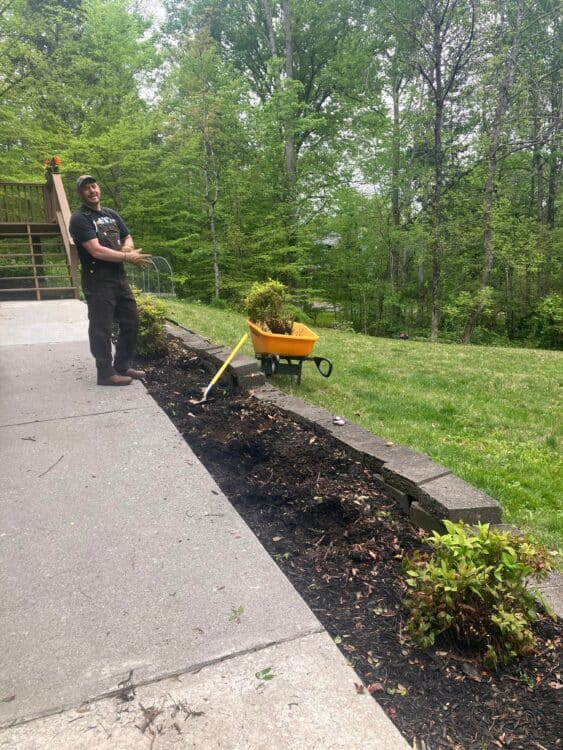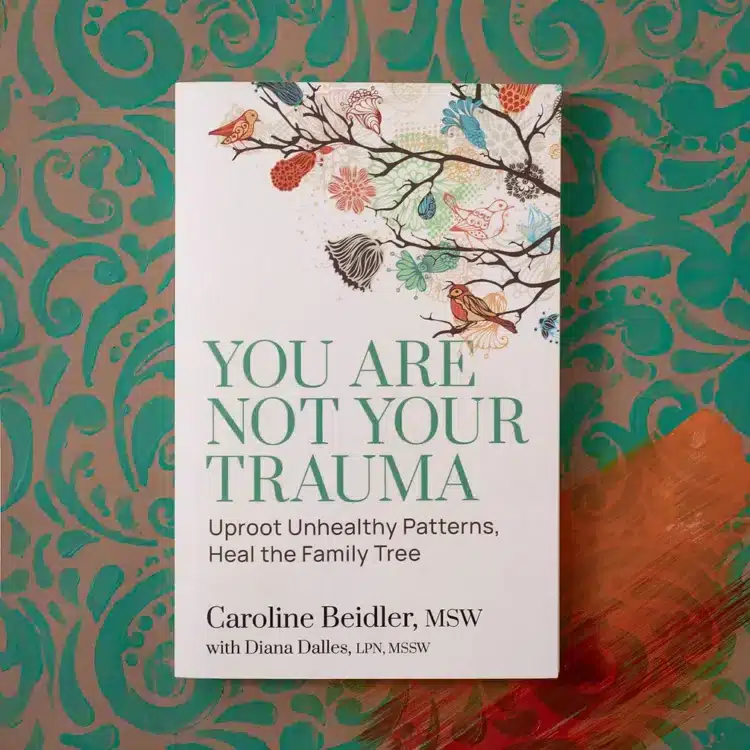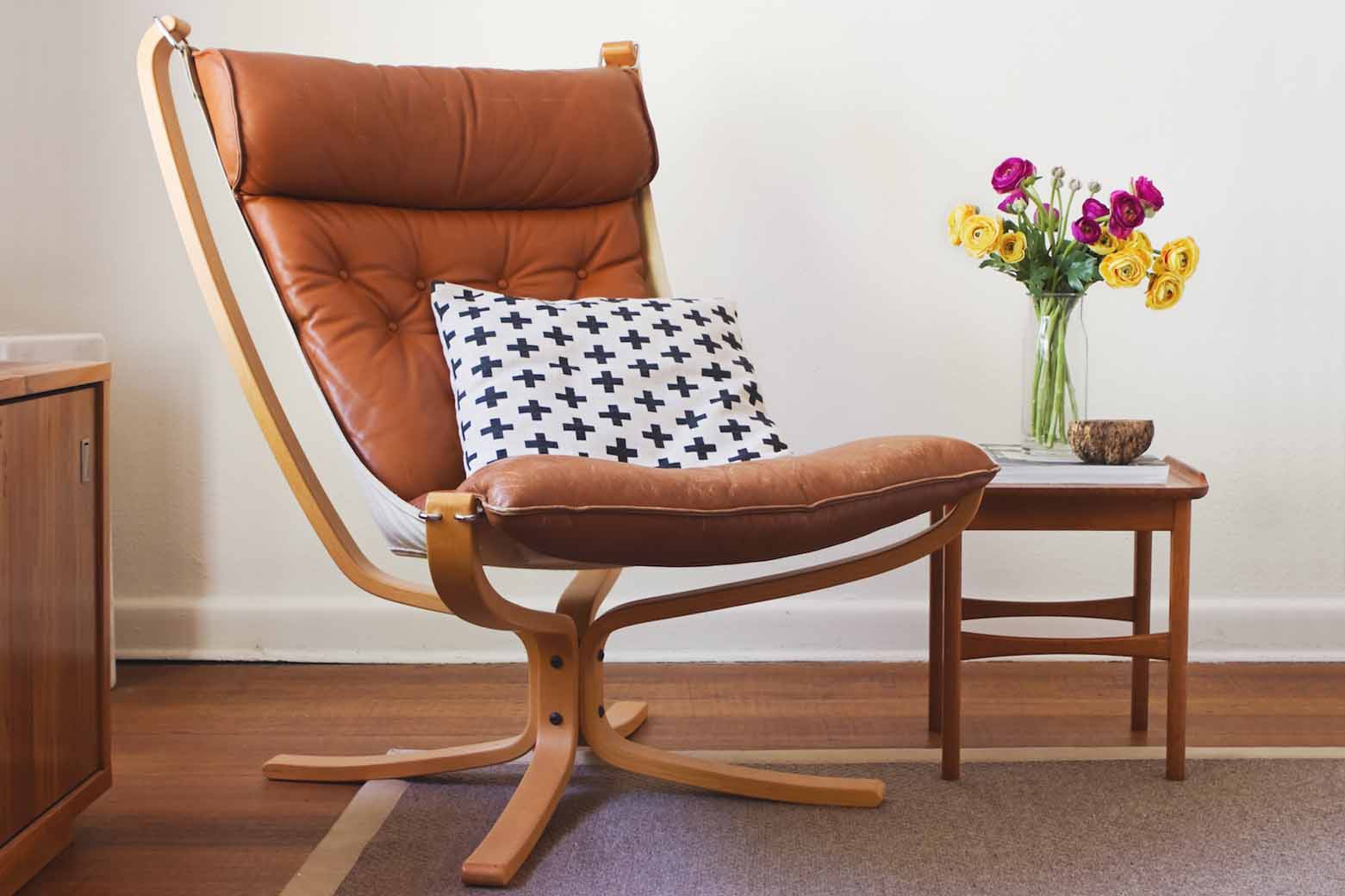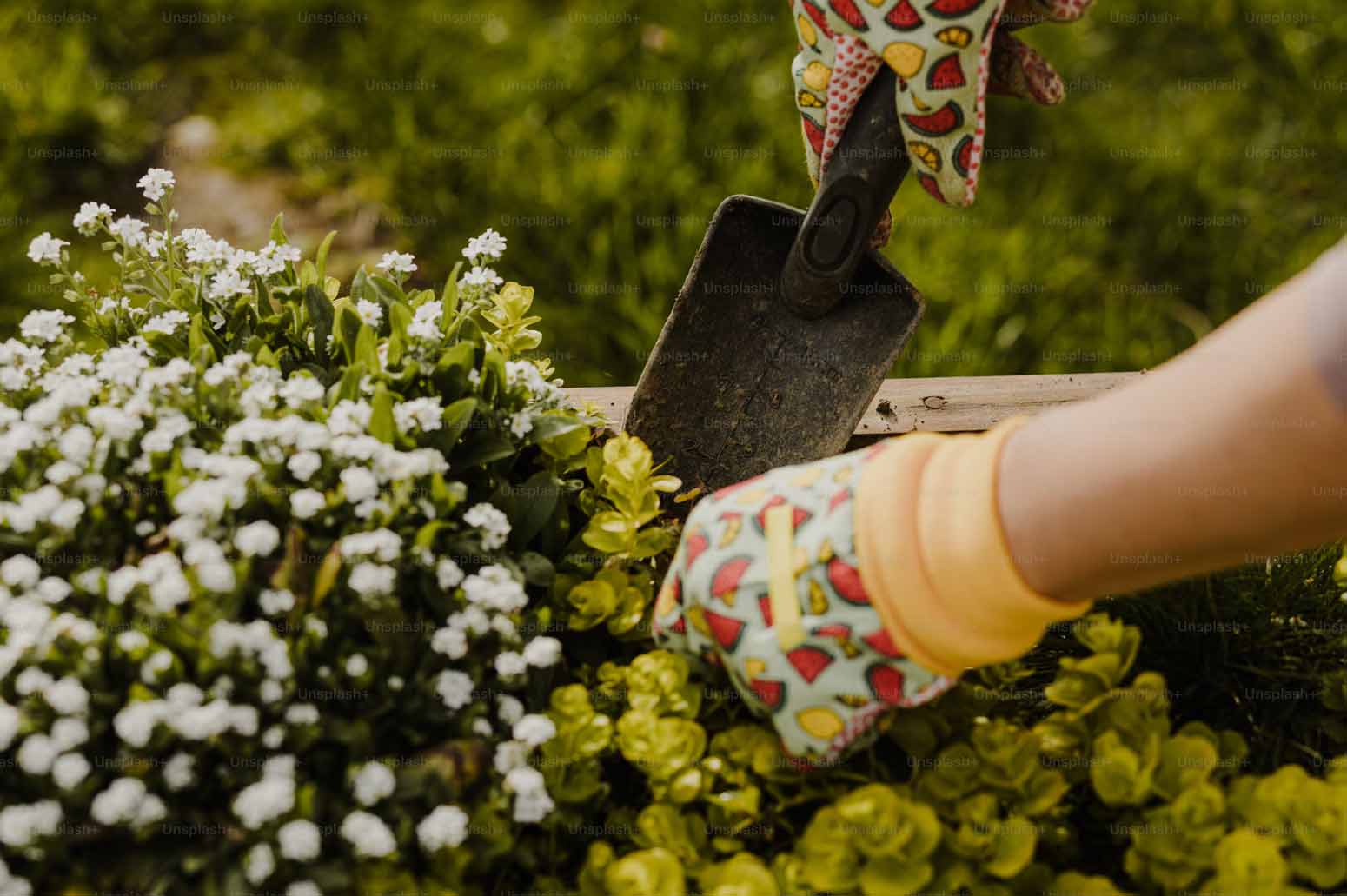Every day for nearly six years, I had to walk by a line of misshapen, horribly trimmed, oblong, and funky shrubs to get to my front door.
Some years, I’d take shears and gently prune the gangly branches in hopes that the new growth would sprout forth as effortlessly and symmetrically as it appeared our neighbor’s shrubs did every spring.
Other years, my frustration led me to our battery-powered hedge trimmer. At first, I was a bit intimidated by it. Me? Someone who trimmed hedges? With power tools, no less? But after I got comfortable with the safety button, I was ready to cut back any unruly branch or out-of-place landscaping around our house.
“What have you done?” my husband kindly asked one day after he got home from work and had to walk his way down the long sidewalk lined with those shrubs.
He had seen my latest attempt at trying to manage the unmanageable. And it wasn’t pretty.
It would take me almost the same amount of time (almost six years) to reckon with the fact that I, the soil, the sunlight, the lack of sunlight, or whatever led to these bushes not working has led to these bushes not working.
In fact, they never worked.
Why didn’t I ever do something about them?
Why I didn’t I ever consider the simple truth that if I did not like them—if it wasn’t working any more—I didn’t have to live with them?
I could pull them out by the roots.
Pulling Out Trauma By the Roots

The “parable of the shrubs”—how I like to refer to this story now—reminds me of my trauma recovery journey. For years, I lived with undiagnosed trauma symptoms that threatened to choke out the light in my life. For years, I walked by the mess of my life, the dysfunction, the struggle, and never once thought: I don’t have to live like this.
I was plagued by the trauma from my past and doing anything I could to escape it (drugs, alcohol, food, men). Doing anything I could to escape, but not anything I could do to heal.
Here are just a few of the ways that trauma gripped my life and I felt trapped—unable to take action or take responsibility or have agency for my own life and choices.
- Unhealthy (destructive) relationships
- Disordered eating and body image issues
- Anxiety and panic
- Extreme self-consciousness
- Lack of feelings of safety
- Lack of feelings of belonging
- Fear of people
- Fear of places
- Fear of things
These ugly shrubs (let’s keep bringing in the metaphor), I lived with, walked by, looked at, and was resigned to living with because I thought that this is just the way it was going to be.
What I learned over time and what I hope that you will come to understand much sooner than me is that we don’t have to live with our trauma symptoms.
We can heal.
We are not our trauma.
If we don’t like the view, we can change perspectives.
If we are traumatized and re-traumatized by the people, places, or things in our life, we can get help or leave the situation.
If we are overwhelmed or burdened by ongoing trauma symptoms, we can choose to dig out the root causes with a mental health professional, treatment, or other types of support.
Today, I’m planting new flowers where those shrubs used to be. It’s beautiful. Reds, purples, yellows, pinks. These flowers welcome butterflies and hummingbirds and smiles from my children.
There is also a long stretch of fresh earth and mulch just waiting for something new to be planted. Waiting for the bloom.
Today, I walk by these reminders that we can plant something beautiful where the pain used to be.
You Are Not Your Trauma
Are you ready to identify unhealthy patterns that keep you stuck and learn how to live more freely in your life without your trauma—or your family’s trauma—holding you back? Addiction recovery and mental health expert Caroline Beidler, MSW’s new book, You Are Not Your Trauma: Uproot Unhealthy Patterns, Heal the Family Tree, will guide you along 5 rhythms that promote trauma healing and recovery.
Throughout the book, you’ll learn how to identify those areas that may be keeping you stuck and how to live more freely in your life without your trauma—or your family’s trauma—holding you back. You will learn the science behind inter-generational trauma, get practical guidance, and learn healthy coping strategies to heal.
(Photo by Unsplash/Drazen Nesic)
—
Your past doesn’t have to run your life, and neither do your feelings. Here’s how to keep your emotions in check: How to Control Your Feelings So They Don’t Control You with Dr. Zoe – 247












